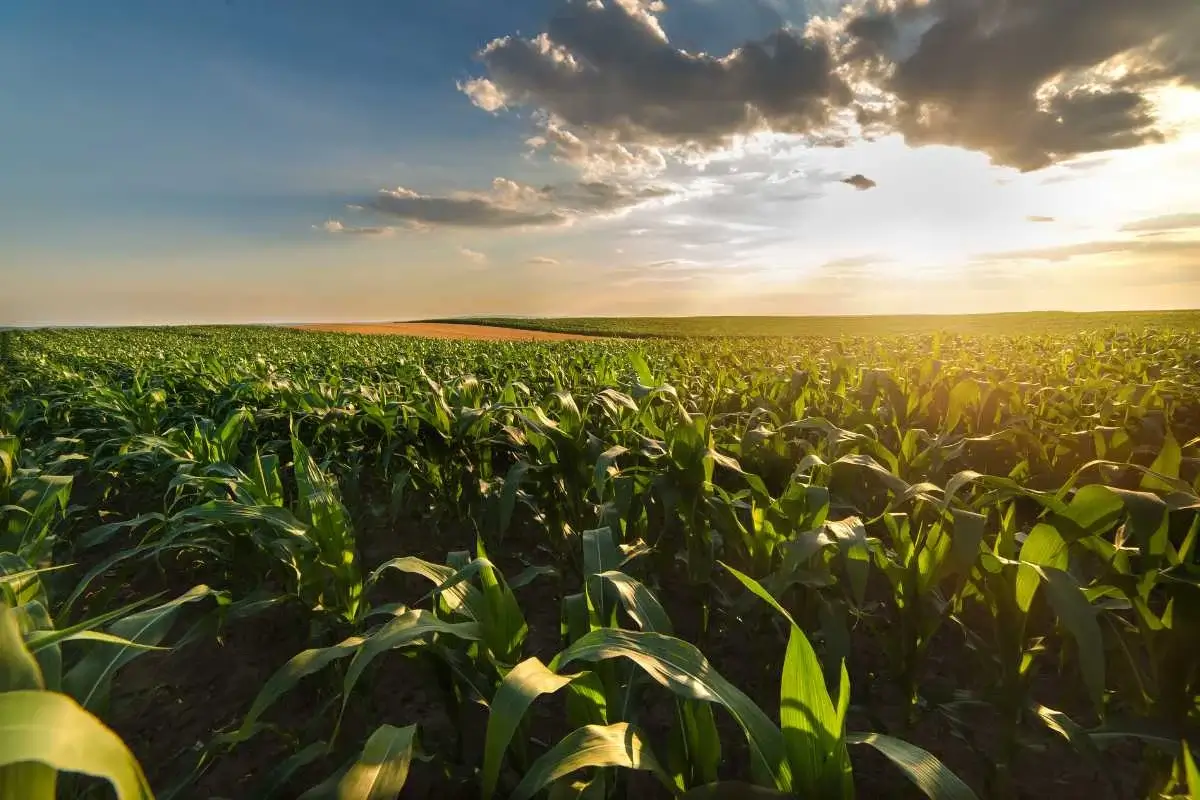
Climate change is having a major impact on agriculture, disrupting traditional farming systems and threatening global food production. As temperatures rise and weather patterns become less predictable, many regions are facing new and extreme challenges. Some areas are experiencing prolonged droughts, while others are dealing with heavy rainfall and flooding. These changes reduce crop yields, damage soil quality, and affect the health and productivity of livestock. The result is greater pressure on food supplies, rising prices, and growing economic instability, particularly in vulnerable communities that depend on farming for survival.
To address these challenges, sustainable agricultural practices are becoming increasingly important. Farmers can use methods such as crop diversification, conservation tillage, and efficient water management to improve soil health and make farming more resilient to climate stress. Technological innovations like drought-resistant crops, precision farming, and renewable energy systems can also help optimize resource use and reduce the environmental footprint of agriculture. These solutions not only help farmers adapt to a changing climate but also contribute to reducing greenhouse gas emissions from the agricultural sector.
Strong collaboration between governments, scientists, and agricultural communities is essential to protect food security and ensure long-term sustainability. Policies that support climate-smart farming, provide funding for adaptation programs, and invest in agricultural research can drive innovation and resilience. Public awareness also plays an important role, as individuals can support sustainable food systems through responsible consumption and waste reduction. Together, these efforts can help create a global food system that is both productive and environmentally responsible.
What agricultural technologies could help farmers adapt to the effects of climate change? How can water management practices be improved to address droughts and floods? What role should governments and international organizations play in supporting farmers around the world? How can individuals help reduce their environmental impact through food choices and waste reduction? What innovative ideas or community-based solutions could strengthen global food security in a changing climate?
Use the online submission form when sending your articles to help us track all of your submissions. Please try to write about the above topic. Your response should be at least 1,000 words.
To receive credit, your effort is what matters. You should find ways to contribute thoughtful ideas that will help others. Feel free to use personal stories or other information that you want to share, but do not use real names or other identifying information. You may write your response in the space provided or upload your response. Once we review your response, you will receive credit.
Click the button below to submit your article and get your credit.